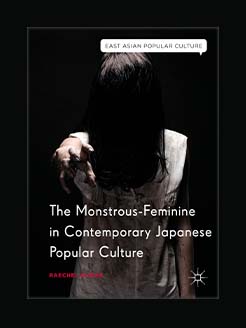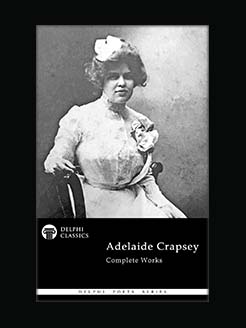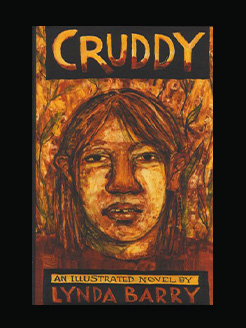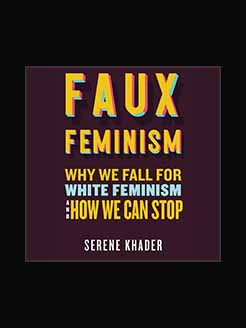Published in 2024
272 pages
Helena P. Schrader holds a PhD in History from the University of Hamburg. As a U.S. diplomat, she served primarily in Europe and Africa, ending her career as an economic officer in Ethiopia. She is the author of four additional histories, most recently, The Holy Land in the Era of the Crusades: Kingdoms at the Crossroads of Civilizations. The latter, a comprehensive account of the crusader states published by Pen & Sword, was highly praised by leading scholars of Near Eastern history and archaeology. She has also used her understanding of the era to write a series of historical novels set in the crusader states. These books feature strong female characters, including historical figures such as Maria Comnena, Eschiva d’Ibelin and Eschiva de Montbéliard. Altogether, Helena Schrader has won more than twenty literary awards, including Best Biographical Fiction from the Book Excellence Awards, Best Christian Historical Fiction from Readers’ Favorites and Best Historical Fiction from Feathered Quill Book Awards.
What is this book about?
From ruling queens to diplomats and spies, read all about the women who played an astonishing and indispensable role in shaping their unique society.
In the mild climate of the Mediterranean, a rare blossom once bloomed: a prosperous, urbanised society inhabited by various ethnic and religious groups living harmoniously together for nearly two-hundred years. At the apex of this society, ruled a feudal elite notorious for its wealth and love of luxury. It was composed of politically savvy, diplomatically adept, well-educated and multilingual men – and women.
These women played an astonishing and indispensable role in shaping the character of their unique society. They were ruling queens, independent barons, nuns and pilgrims. They were merchants and artisans, diplomats and spies. They were warriors defending besieged cities and the most pitiful victims of conflict as slaves after a defeat.
While many primary sources readily recorded specific and noteworthy actions taken by individual women, there is no comprehensive or systematic description of women’s contribution to the life and society of Outremer. All we have are fragments of a mosaic badly damaged by time. Yet even these remnants have largely been neglected due to the prevailing emphasis on the era’s military history.
The Powerful Women of Outremer redresses that imbalance. In a chronological narrative, women’s contributions to the crusader states are highlighted. The book then explores women’s societal role in thematic chapters. Finally, a series of short biographies shine a light on the lives of individual women. By piecing together the scattered remnants of the historical mosaic, The Powerful Women of Outremer offers readers a clearer understanding of the importance of women to the history of the Near East and a richer picture of the women themselves.







